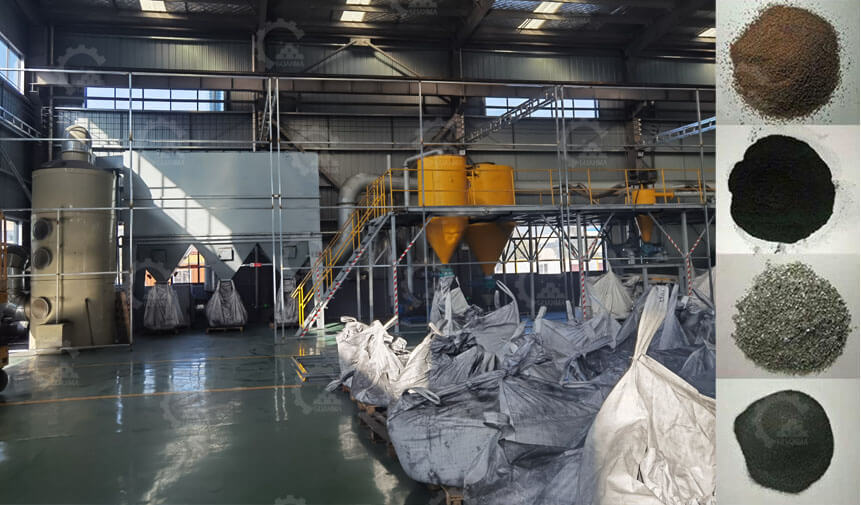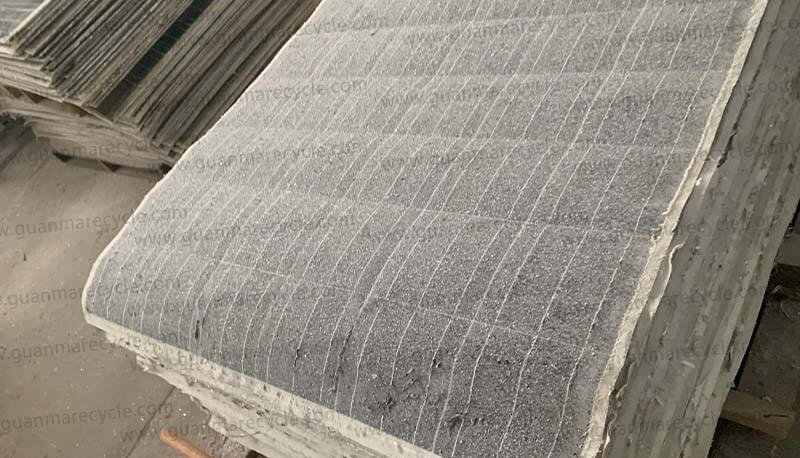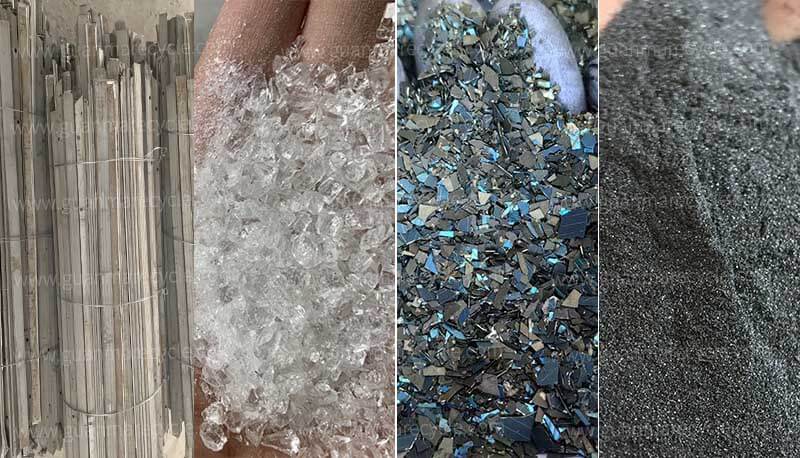In the age of electrification, lithium-ion batteries (LiBs) are at the heart of the renewable energy revolution. Yet, their disposal poses significant environmental challenges. black mass lithium-ion battery recycling machines, transforming waste into a treasure trove of valuable resources. This article explores how these innovative systems are reshaping the recycling landscape, turning black mass— the powdered mixture of lithium, cobalt, nickel, and other metals extracted from spent batteries—into a sustainable resource stream.
Unpacking Black Mass: The Foundation of Advanced Recycling
Black mass, derived from mechanical processing of end-of-life LiBs, encapsulates the battery’s cathode and anode materials. Traditionally considered a waste product, it now serves as the primary input for sophisticated black mass lithium-ion battery recycling machines. These machines leverage advanced technologies to efficiently recover critical minerals, reducing reliance on mining and promoting a circular economy.
Revolutionary Recycling Machinery in Action
Shredding & Separation: The process initiates with battery shredding, followed by separation of plastics, metals, and black mass. High-tech shredders and separators ensure minimal loss of material during this crucial stage.
Drying & Pre-Treatment: Black mass undergoes drying to optimal moisture levels and pre-treatment to enhance its suitability for further refining processes.
Hydrometallurgical Processing: State-of-the-art machines employ hydrometallurgical techniques to dissolve metals from the black mass. Using tailored chemicals and precise temperature controls, they selectively recover lithium, cobalt, nickel, and more, while minimizing waste and environmental impact.
Electrolysis & Purification: Innovative electrolytic systems can further refine metals, achieving high purity levels required for battery-grade materials. This step is pivotal in closing the loop and reintroducing these elements back into battery production.
Closed-Loop Integration: The recovered materials are reintegrated into the manufacturing supply chain, significantly reducing production costs and carbon footprint associated with new material extraction.
Why Invest in Black Mass Recycling Machines?
Investing in black mass lithium-ion battery recycling machines offers unparalleled advantages:
Economic Viability: Turning waste into a revenue stream through recovery of high-value metals.
Environmental Stewardship: Reducing landfill waste and pollution associated with traditional disposal methods.
Future-Proofing: Aligning with tightening environmental regulations and consumer expectations for sustainability.
Black mass lithium-ion battery recycling machines are at the forefront of sustainable battery waste management. As the world accelerates towards electrification, these technologies ensure that the green promise of LiBs extends beyond their operational life, contributing to a cleaner, more resource-efficient future. For businesses and governments alike, investing in this technology is a strategic move towards securing a circular economy and a sustainable tomorrow.



